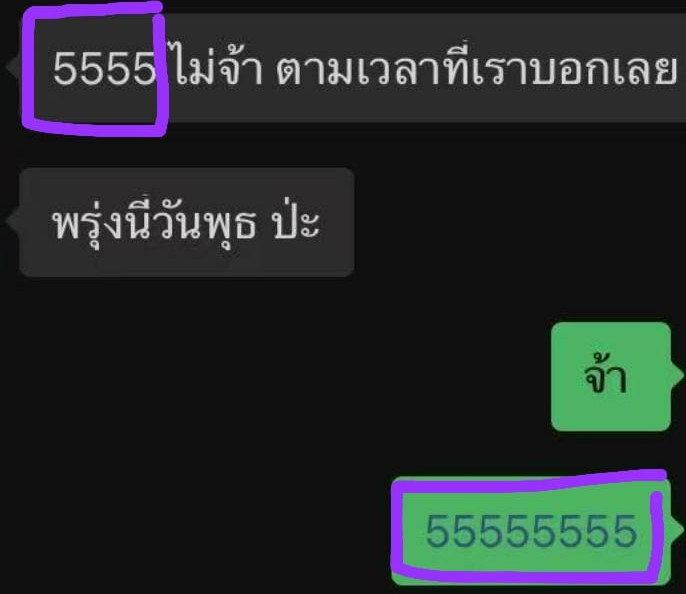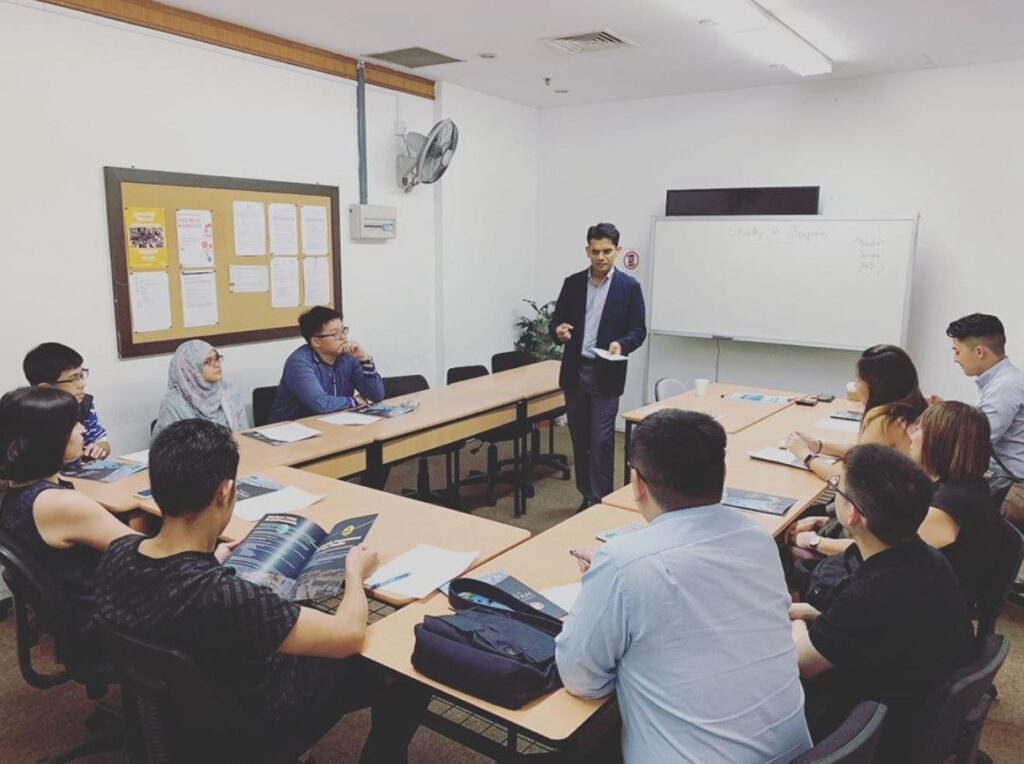What is the story of Thicha?
Thicha, the drama’s protagonist, encounters a dangerous crime ring while fleeing her country with her mother. After her mother’s death, Thicha takes on a new identity to destroy those responsible. But when Thicha falls for the son of the crime ring’s mastermind, will she choose love or revenge?

Thicha Netflix Lakorn Ending Spoilers
Summarizing the ending of all the main characters here:
❗ BE WARNED – THERE ARE SPOILERS AHEAD ❗
- Thicha: 😊 Main protagonist. Also known as Oh Yi when she was a child. Alive.
- Bussara: 😡 Main antagonist and the leader of the human trafficking ring. Dead (killed by Thicha in self defence in episode 8).
- Phatchai: 😊 Bussara’s son. Unlike Bussara, Phatchai is kind-hearted and he genuinely falls in love with Thicha depsite knowing who she is. Accidentally killed by Bussara in episode 8 (when Bussara was trying to shoot Thicha).
- Phoo: 😊 Bussara’s new maid that had to go through the same sufferings Thicha went through as a child. Alive.
- Methi: 😡 Bussara’s unscrupulous lawyer. Killed by Phoo in self defence in episode 8.
- Nitikorn: 😞 Bussara’s doctor that helps her cover up her crimes, as Bussara finally supported him to earn his medical degree. Nitikorn always felt guilty about his crimes and came to Phoo’s rescue in the end. Alive.
- Ni Wai: 😊 Thicha’s adoptive mother. Alive.
- Warot: 😡 The shady police office helping Bussara to cover up her crimes. Alive and arrested.
- Yeoh: 😊 Thicha’s mother. Killed by Bussara in episode 1.
ทิชา Thicha Thai Lakorn on Netflix Official Trailer
Thicha Netflix Thai Drama Trailer – English Subtitles
Yeoh to Thicha: Bear with it for a while. We will reach soon.
Voiceover (by Thicha): My mother every said that some of us were hungry, tired, felt pain……same as everyone. But some of us face more than that than others if we are poor. And we will face the most of it if other people do not view us as human beings.
Bussara (to the migrants): I have come here to help you people.
Bussara (to Thicha): People like you so not have any value at all! Do you know that? Unlike me! What do you want!
Ni Wai (to Thicha): I can help you. If you are strong enough to do it.
Voiceover (by Thicha): Someone has ever told me the weakness of an enemy is the thing that they love the most.
Bussara (to Phatchai): I did everything for you! Is it not enough?! Everything that I’ve given you, is it not enough?!
<Bussara in speaking in English, so there’s no need to translate 555/ which is ‘hahaha’ in Thai>
Phatchai (to Thicha): You will love me if I also hate my mother. Right?
Phatchai (to Bussara): What have you ever done to her?! Say!
Bussara (to Phatchat): You do not have the right to access that type of truths.
Voiceover (by Thicha): It is wrong that we are not equal as being beings. We shouldn’t allow such things to happen. And no matter what I need to exchange it with, I will still do it.
Learning Thai Language from watching Lakorns?
Check out my list of Common & Useful Vocabulary From Thai Dramas 😍🤩
You can also learn the Thai Language with SkillsFuture today! 🥰
Thicha Thai Drama Review
I was first intrigued by Thicha because it is quite different from the other Thai dramas I have watched, which tends to feature typical high-sos (The Thai way to call elitists or “atas” people) and screaming female leads. Towards the middle, I was feeling quite “meh” and felt that Thicha would be just another typical Netflix drama with exaggerated violence and an unconvincing storyline. But boy! 👍🏼👍🏼 The drama’s ending got me thinking. 👍🏼👍🏼 I must admit the storywriters did a great job to end off with a thought provoking ending. It’s not just about highlighting the sufferings of illegal immigrants in Thailand. In the drama’s own words –
“The simplest form of equality is kindness towards each other as humans” —
— “ความเท่าเทียมที่ง่ายที่สุดที่เราจะมอบให้กันได้ คือความปรารถนาดีกันในฐานะมนุษย์ “
If you think about it, the entire plot of Thicha centres around this quote. For instance:
- Bussara doesn’t see foreign migrants as humans. In Thai language, “foreigners” can be translated as “aliens”, and Bussara indeed treats the foreign migrants as “aliens” or “machines” to do her bidding. Right from the start, Bussara wrinkles her nose in disgusts when Thicha’s mother and Thicha was first brought to her, demanding that they kneel further away. Bussara’s cruelty towards the illegal foreign migrants culminates in killing them off without remorse.
- Methi treats foreign migrants as sexual objects and money-making tools. His attempts to sexually assult Thicha was what drove Thicha’s mother to rebel against Bussara. Finally, Phoo had enough of Methi’s actions and killed him in self defence.
Etc.
All the mess in this drama could have been avoided if the antagonists saw the foreign migrants as fellow human beings, to be treated with kindness and respect.
Let’s learn some Thai together 🙂
The word-for-word Thai to English translation of the drama’s ending quote is:
Equality that is the easiest/simplest which we will be able to give each other is a good desire/wish for each other as humans beings.
Specifically
Equality (ความเท่าเทียม) that (ที่) is the easiest/simplest (ง่าย, ที่สุด = “est”) that (ที่) we (เรา) will (จะ) be able to (ได้) give (มอบให้) each other (กัน)
is (คือ) a good (ดี) desire/wish (ความปรารถนา; ps – the order of good desire is flipped i.e. in Thai it is desire good) for each other (กัน) as (ใน) beings/status (ฐานะ) humans (มนุษย์)
Obviously, this sounds weird. Which is why in my blog on learning how to translate Thai to English, I mentioned that context is important when it comes to translation. Vocabulary is important – but what’s more important is to convey the overall meaning of the sentence.
Interested to learn the Thai Language? Here’s what you can explore!

Practice your Thai speaking skills and learn how to use Thai language to express everyday small talk.

A serious Thai learner aiming to master Thai reading and writing? Start off by learning to text in Thai!

Go for regular Thai classes. Use your SkillsFuture credits to offset your Thai Language course fees!
Thicha Netflix Drama Last Episode (Ep8) Highlight
Bussara (B): You are a terrible mother, you don’t think about your child at all. Ps: in Thai, Bussara uses the word “hia” which is a vulgarity in Thai. Hence mildly put, it’ll be “you are a terrible mother” but explicitly stated, it’ll be “you are a fucking bad mother”
Thicha (T): I’m not as terible as you.
<B slaps T>
B: We are related already. We are family already. No matter how much you hate me, you have a child with Patchai now. People don’t get everything they want in life. If you want to send me to jail, think again. Can you lose Patchai?
T: The mother’s child, he will choose the mother right? It sounds weird in English but it makes sense in Thai. Thicha is asking Bussara here if Patchai will choose his mother
B: Go and lead your own life. Ps: in Thai, Bussara uses the ending particle “sa” as she is ordering Thicha to do as she wants. Thai is similar to Singlish whereby ending particles (e.g. “lah”, “lor”, “meh” in Singlish, or “na”, “wa”, “lor” in Thai changes the meaning of the sentence. Check out more Thai ending particles here.) Be quiet about all these. Go give your child a good life that your own mother couldn’t give you. You don’t have to try to save the world. I’m not the worst human being on this earth.
T: Where is Phoo?
<B stares at T intensely and makes a phone call>
B: Hello?
Get help with learning to read, write and text in Thai today! 🥰
About the author – see the About page for more information
Joanne Tan is an aspiring polyglot and has so far mastered English, Chinese and Thai languages. She first started learning Thai in 2015 before staying in Bangkok for 5 months, and then continued studying Thai up to Advanced Levels at the National University of Singapore. In 2017, Joanne was awarded ‘Advanced Thai Proficiency’ by the Sirindhorn Thai Language Institute of Chulalongkorn University. Today, Joanne freelances as a Thai teacher in Singapore and helps her Thai friends actively promote Thai culture.
